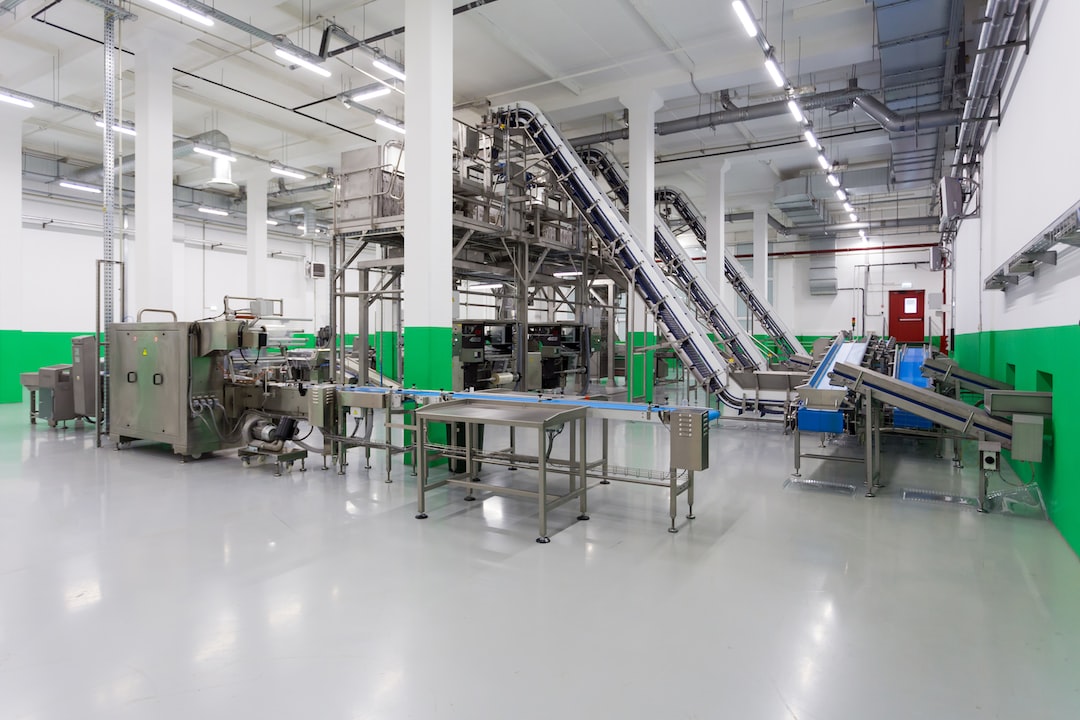Sustainable Manufacturing: Eco-friendly Practices for a Greener Future
In today’s world, the increasing concern for climate change and environmental degradation has prompted industries to look for innovative ways to reduce their carbon footprint. Sustainable manufacturing has emerged as a key solution to this global challenge, with eco-friendly practices aimed at minimizing waste, conserving energy, and creating a greener future.
At its core, sustainable manufacturing focuses on adopting methods that ensure the long-term viability of resources and minimize adverse environmental impacts. By integrating sustainability into production processes and supply chains, companies can not only reduce their environmental impact but also enhance their reputation and profitability. Let’s explore some key eco-friendly practices that can contribute to a more sustainable manufacturing sector.
One crucial aspect of sustainable manufacturing is the concept of resource efficiency. By optimizing the use of materials and resources, companies can reduce waste generation and conserve valuable natural resources. This can be achieved by implementing closed-loop manufacturing systems, where waste materials are recycled or reused, minimizing the need for extraction of new resources. By embracing circular economy practices, companies can lower their dependence on virgin materials and contribute to a more sustainable future.
Another important aspect of sustainable manufacturing is energy conservation. Industries are significant energy consumers, and reducing their energy consumption can have a significant positive impact on the environment. By integrating energy-efficient technologies and practices, such as energy monitoring systems, process optimization, and renewable energy sources, companies can minimize their energy demand and carbon emissions.
One area where sustainable manufacturing has gained significant momentum is the reduction of harmful emissions. Traditional manufacturing processes often result in the release of greenhouse gases and other pollutants into the atmosphere, contributing to climate change and air pollution. Today, companies are investing in cleaner and greener technologies such as electric vehicles, low-emission machinery, and advanced air filtration systems to reduce their emissions and improve air quality.
Water is another vital resource that plays a crucial role in manufacturing processes. Sustainable manufacturing focuses on minimizing water usage and reducing water pollution. By implementing water-efficient technologies, recycling wastewater, and adopting responsible water management practices, companies can not only conserve this precious resource but also prevent the pollution of water bodies.
The concept of sustainable manufacturing also extends to the ethical sourcing of raw materials. Companies are now more conscious about the environmental and social impacts associated with the extraction and processing of raw materials. By prioritizing responsible sourcing and promoting fair-trade practices, manufacturers can support sustainable livelihoods, conserve biodiversity, and minimize the negative impact on local communities.
Furthermore, sustainable manufacturing encompasses the reduction and proper management of waste generated throughout the production process. By implementing effective waste management systems, companies can ensure that waste is minimized, segregate recyclable materials, and dispose of hazardous waste safely. Companies can also explore opportunities for waste valorization, where waste materials are transformed into new products or used as alternative sources of energy.
To promote sustainable manufacturing practices, stakeholders across the industry need to collaborate and work towards creating a supportive and enabling ecosystem. Governments can play a crucial role in incentivizing sustainable practices through regulations, tax benefits, and research and development funding. Collaboration between manufacturers, suppliers, and consumers can also drive the adoption of sustainable products and technologies, creating a market demand for eco-friendly solutions.
In conclusion, sustainable manufacturing is a critical step towards a greener future. By adopting resource-efficient practices, reducing emissions, conserving energy and water, and promoting responsible sourcing, manufacturers can pave the way for a sustainable and environmentally conscious industry. It is not only a moral imperative but also a business opportunity, as consumers increasingly prioritize sustainable products and environmental stewardship. Sustainable manufacturing is our path to a greener tomorrow.

